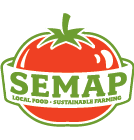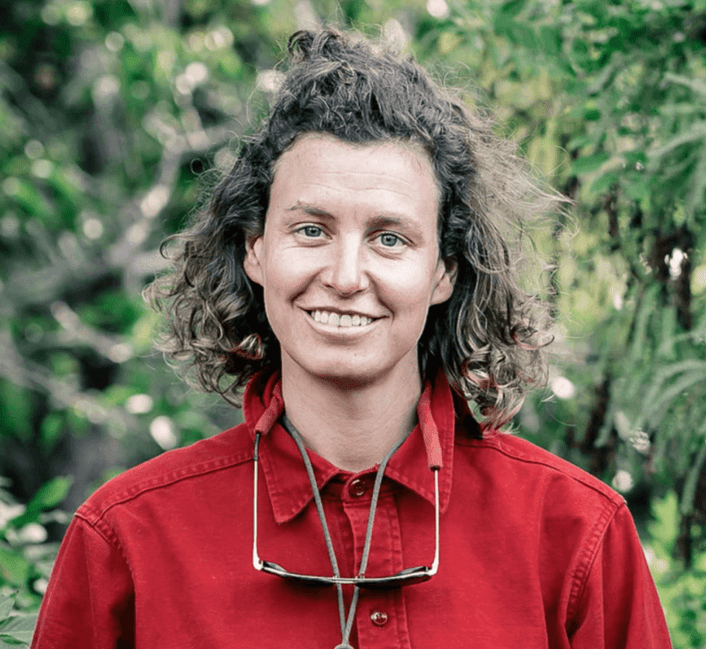We’re living through a time of intense change. Over the past year, Massachusetts has faced the COVID-19 pandemic, the ugly truth of racial inequality and white supremacy, skyrocketing unemployment, and political upheaval. Plymouth, Bristol, and Norfolk counties have seen over 120,000 COVID-19 cases. Food insecurity across Massachusetts has doubled. Norfolk County has seen the highest increase of child food insecurity in the country: up 163% from 2018. At first, many of these events may not initially seem to directly relate to farming. However, they are rooted in systemic power imbalances that have always affected our country’s agriculture.
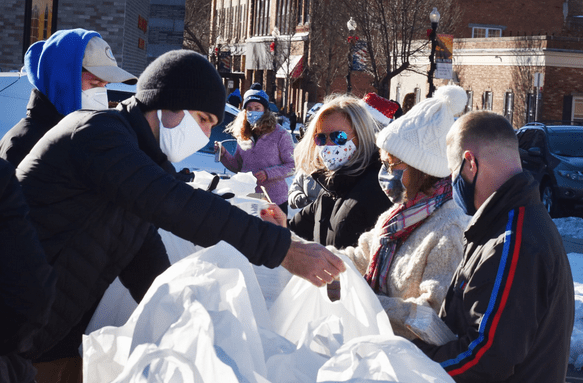
Farmers have lived through the past year with us, learning new ways to survive and grow—and their communities have shown support through signing up for CSAs, stopping by farmstands, and more. Even during dark times, we have the chance to create an even brighter future for local food in southeastern Massachusetts and beyond.
Severine von Tscharner Fleming wants to help guide us toward that future. The keynote speaker for our 2021 Agriculture & Food Conference, she has been a voice for young farmers for over 10 years. In 2008, she took on the role of Executive Director at Greenhorns, an organization that provides guidance, community, and education for young farmers. She is also a founder of the National Young Farmers Coalition and FarmHack, and serves on the advisory board of the Schumacher Center for a New Economics and Agrarian Trust.
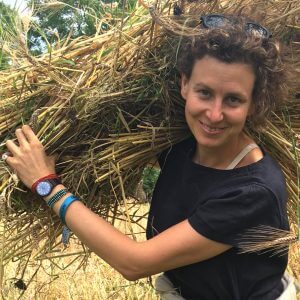
Severine spoke to SEMAP while on the road in California, as part of her recent socially-distanced travels to understand how small and first-generation farms are dealing with the pandemic. Though the past year has thrown numerous challenges in farmers’ way, “resolve is strong, and markets are thriving,” she says. “The discomfort of all of us humans is helpful to reforming how we approach shared work.”
A thriving food system depends on a deeply interconnected, wide-reaching community of people, from educators to farmers to doctors. Educators can teach farmers about the history of their land, as we reckon with unequal distribution of farmland based on systemic racism. Doctors can help patients understand the health benefits of eating locally-grown food, especially during a pandemic. “There’s plenty of work for everyone,” she says.
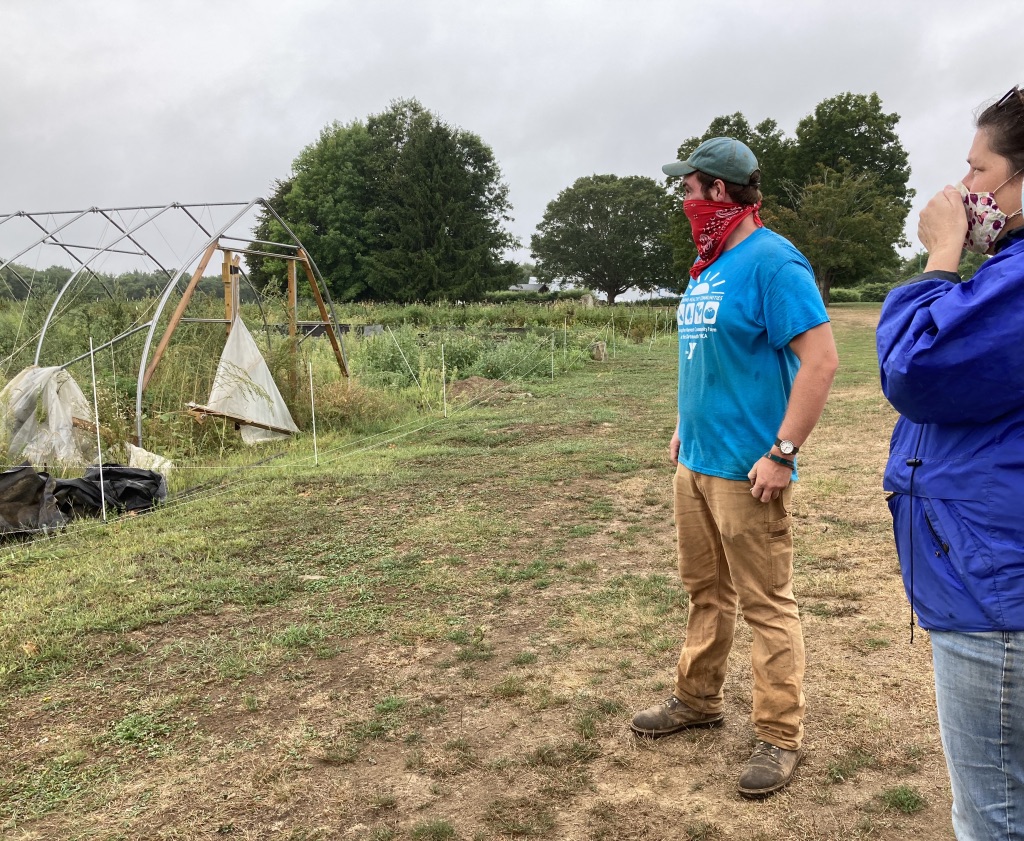
She speaks in artistic, philosophical verses to illustrate her thoughts on the needs of farmers, the people they feed, and the land they work. “Being tuned into the living world is the gift that allows me to survive at this time,” she says, drawing parallels between agriculture and the human experience. As the owner of Smithereen Farm, she’s used to those parallels.
“It’s critical that we grow gardens of peace and hope. That’s not usually what farming is described as, but good husbandry and stewardship is ultimately about kindness, care, affirmation, and going with the energy of what wants to become,” she adds. “That soft, encouraging, loving energy feels like important work.”
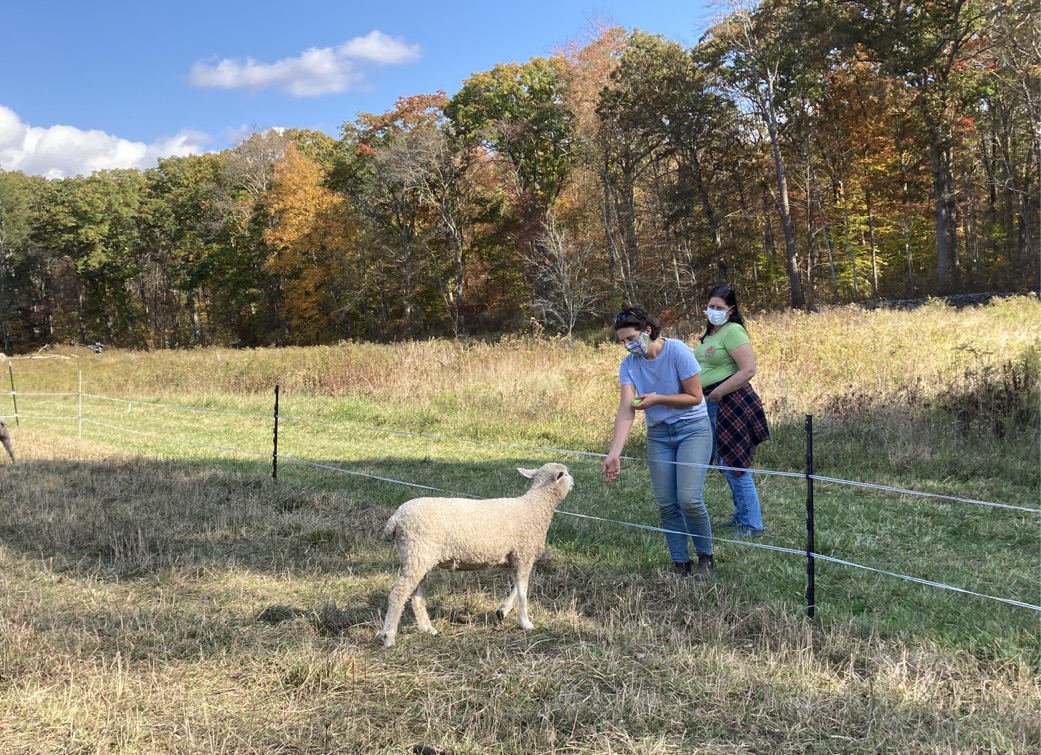
Though her advocacy often revolves around young farmers, she makes it clear that young people are one piece of a larger movement for strong local food systems that weather the storms of history. “It’s not just about young farmers,” she says. “It’s about farmers of color and farm workers; people who are currently working on the landscape but are perfectly qualified to grow food and run farms.”
In the next 10 years, over 400 million acres of farmland will change hands as older farmers pass it on to new ownership—and it isn’t guaranteed to stay farmland. Maintaining that land is “an intergenerational project,” she says. “Farms aren’t just going to be saved—we have to save the farms. At Agrarian Trust, we have a line out the door of amazing farms that have been going for decades, feeding our community.” As these farmers retire, they’re willing to pass the land on to younger farmers at reduced prices. “They still can’t afford to buy it,” she tells us.
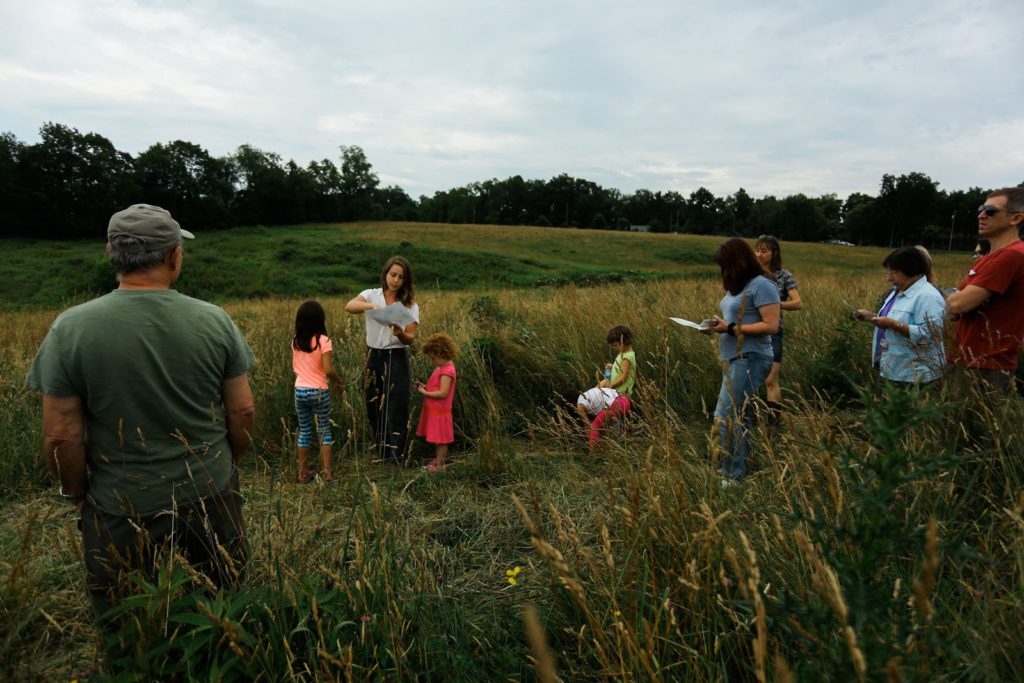
Groups like Agrarian Trust raise money to help close these farmland deals, but creating resilient food systems requires more than just farm preservation—it requires participation from the entire community. Throughout the pandemic, people have made an effort to buy locally-grown food from small businesses. This is a crucial way to participate, but other ways for the public to help their local farms aren’t as obvious. “We also need community finance for the transition of organic farmland,” she says.
Still, she remains hopeful even when discussing issues in farming today. We have a lot of work to do in order to solve them, but she never loses sight of why this work matters. “We have to recharge the food system,” she says, “if we’re going to recharge peace.”
To hear more about Severine’s vision for a resilient food system in Southeastern Massachusetts today and in the future, register for SEMAP’s 2021 Agriculture & Food Conference here.
